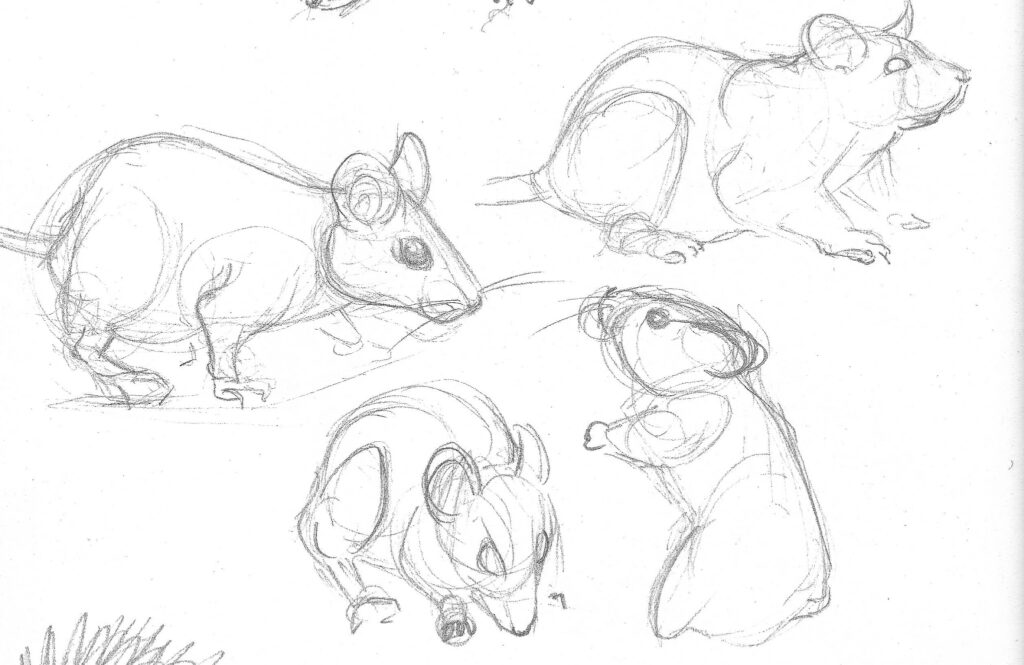Researchers experimenting on mice found that Lactobacillus—the probiotic commonly found in yogurt—may help reduce depressive symptoms in reaction to chronic stressors. But human studies have found mixed results.
This month, researchers at the University of Virginia Center for Brain Immunology and Glia published the results of an experiment which uses a rodent model to simulate the effects of depression. They used a common animal model of depression in which mice subjected to chronic stressors develop despair-like behaviors. They found that these mice exhibited lower levels of the microbiota Lactobacillus, commonly found in live-culture yogurt. These mice also experienced heightened metabolic kynurenine levels, which is thought to influence mood symptoms.
When the researchers treated the mice by increasing their levels of Lactobacillus reuteri, they found that the metabolic changes and the behavioral despair resolved. That is, once the microbiota levels returned to normal, so did the kynurenine levels and the behavior of the mice. The researchers suggest that this finding indicates that increasing Lactobacillus levels may help reduce the physiological changes associated with stress, leading to less severe depressive symptoms.

The rodent model used in this study is called the unpredictable chronic mild stress model (UCMS), which involves subjecting mice to a variety of stressors each day and night for several weeks. Mice subjected to the stress tend to give up more quickly when trying to escape an uncomfortable situation, measured by the forced-swim test.
Other experiments have found similar results. The researchers cite a study from 2014 that found that stress impacted the microbiome of mice, as well as a 2015 finding that vulnerability to stress could be passed down to the offspring of mice through decreased maternal levels of Lactobacillus.
There are numerous limitations to the current study. Most importantly, researchers have raised concerns about how well animal models represent the human experience of depression. In a 2005 article published in Neuroscience and Biobehavioral Reviews, researchers stated that “modeling human mental disorders in experimental animals is fraught with difficulties. Depression models generally lack both clinical and scientific credibility and have, thus far, failed to inform treatment strategies.” After all, the stressors imposed on mice may not mirror the complex factors that compose human stress. Likewise, mouse behavior on a forced swim test may be a poor representation of existential dread or feelings of worthlessness.
There has also been debate about whether “psychobiotics”—probiotic strains that may influence mental health—can actually make a clinical impact in humans. In fact, another study, published online last November in Brain, Behavior, and Immunity, found that for healthy human subjects, the administration of Lactobacillus rhamnosus failed to produce any impact on measures of mood, anxiety, stress, or sleep quality. Although the Lactobacillus strains used in the current study are different, this previous finding highlights the difficulty of translating findings from animal research to human experience.
Lending support to the notion that the findings could translate to human subjects, however, a recent study found that a probiotic—Bifidobacterium longum—appeared to reduce stress and anxiety reactions in healthy human subjects. The researchers do note that it is unclear whether their results would translate to those experiencing more severe stressors or who present with actual mental health concerns.
However, as increasing attention is paid to diet as a simple and effective intervention for mental health concerns, this study provides researchers with a clear direction to pursue. If the microbiome is found to influence resilience to stress, then probiotic treatment could provide an alternative to antidepressant medication, with its side-effect burden and limited evidence of efficacy. Yet researchers should be aware that mental health concerns are not a simple mechanistic effect, and animal studies do not always reflect the complexity of human experience.
****
Marin, I. A., Goertz, J. E., Ren, T., Rich, S. S., Onengut-Gumuscu, S., Farber, E. . . Gaultier, A. (2017). Microbiota alteration is associated with the development of stress-induced despair behavior. Scientific Reports, 7, Article number: 43859. doi: 10.1038/srep43859 (Abstract)















When doing this kind of study, it’s best to remember that what we call depression is but a syndrome and not a disease unto itself. When doing experiments on mood disorders, it’s necessary to sort out your subgroups in order to get a proper sample for a plausible proper treatment.
Report comment